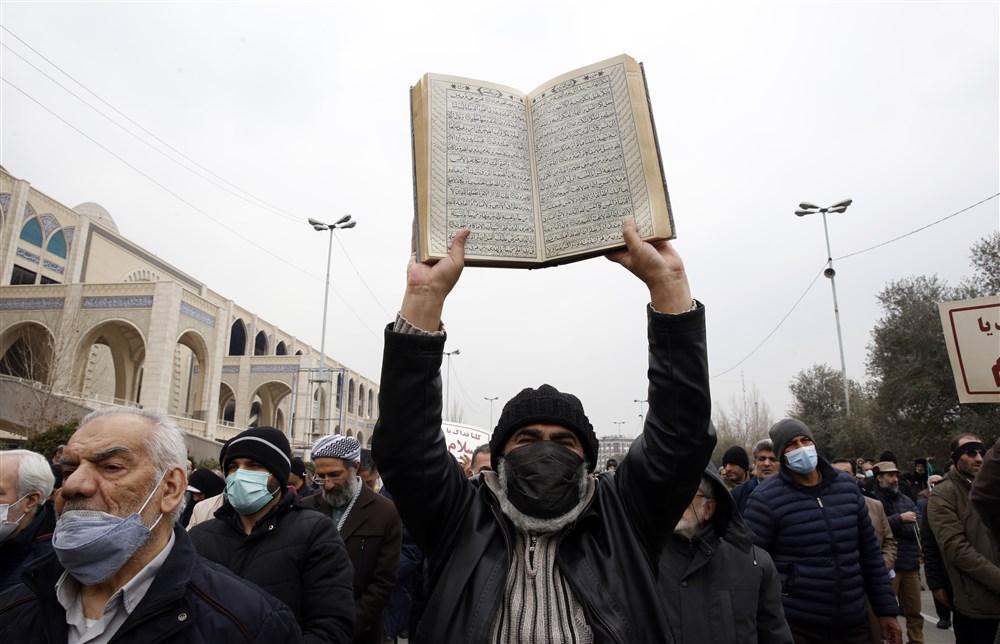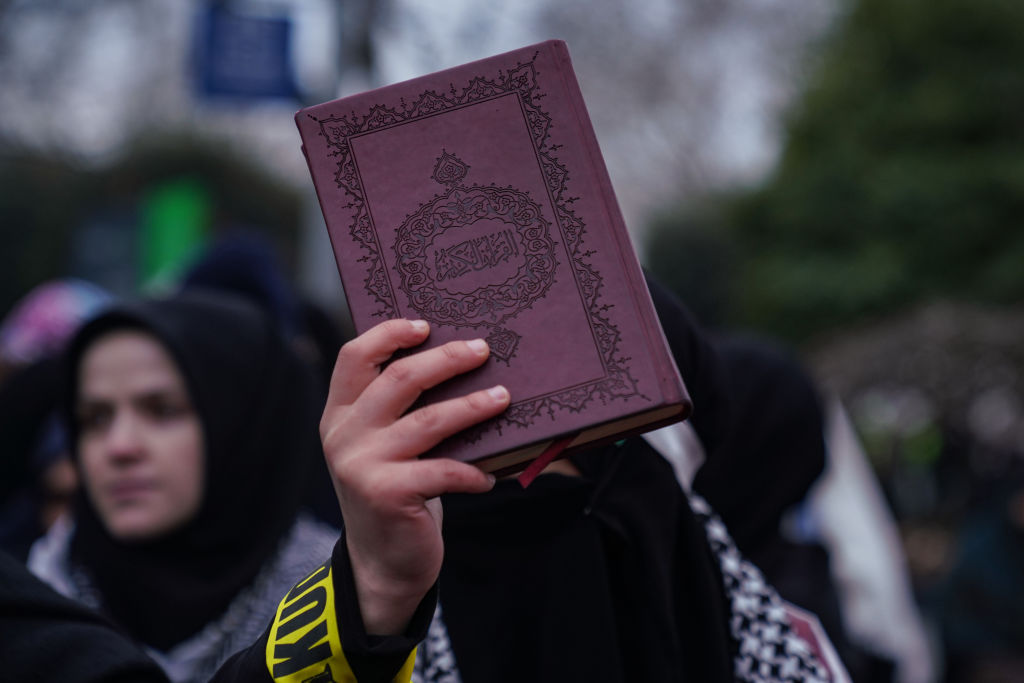The United Nations Human Rights Council has approved a Pakistan-led resolution “against religious hatred”, targeting Sweden. It follows the burning of the Islamic religious text, the Quran.
Pakistan tabled the resolution on behalf of the 57-nation Organisation of Islamic Cooperation (OIC). Supporters requested that the UN Secretary-General António Guterres issue a report on religious hatred.
The resolution also suggested states review domestic legislation to solve issues that might hamper efforts to prevent and prosecute acts that promote religious hatred.
Sweden has seen a number of Quran burnings although Swedish courts have expressed support for freedom of speech. According to reports, there has been a spike in requests for organising further burnings of religious scripture in Sweden.
The Quran burnings sparked outrage among Muslims across the globe. The UN special rapporteur on freedom of religion or belief, Nazila Ghanea, has travelled to Sweden to investigate.
The OIC decried the incidents as “offensive, disrespectful and a clear act of provocation” inciting hatred.
The incidents hampered the ascension of Sweden into NATO after Turkey demanded something be done to stop such incidents.
Volker Türk, the UN High Commissioner for Human Rights, said: “These religious symbols had deep significance and were the essence of peoples’ identity and core beliefs. The abuse or destruction of the manifestations of innermost beliefs could polarise societies and aggravate tensions.
“Incidents are manufactured to express contempt and inflame anger; to drive wedges between people; and to provoke, transforming differences of perspective into hatred and, perhaps, violence,” he added.
Several countries in the West disagreed, seeing attempts to ban such incidents as a threat to human rights and the freedom of speech, pointing out the difficulty in distinguishing between freedom of expression and the incitement of hatred.
But in the 47-member UN Council they were in the minority, with 12 votes against and 28 countries in favour of the Pakistani-led resolution. Seven nations abstained.
The Western countries that opposed the proposal asked for a delay to try to secure a negotiated consensus, but this call proved unconvincing. China, India, Ukraine and most African countries were in favour.
The result seems to indicate a growing loss of Western influence in the UN, with countries holding dissenting values now in the ascendant.
Some point to the acceptance of “questionable” nations into certain UN agencies. Iran participated in the commission on the status of women until last year. Saudi Arabia’s participation in the human rights commission is given as another example.
Pakistan’s envoy to the UN in Geneva, Khalil Hashmi, said the resolution did not seek to curtail free speech but was instead aimed at striking a balance. “Regrettably, some states have chosen to abdicate their responsibility to prevent and counter the scourge of religious hatred,” he said.
“A message has been sent to billions of people of faith across the world that their commitment to prevent religious hatred is merely lip service. The opposition of a few in the room has emanated from their unwillingness to condemn the public desecration of the holy Quran.
“They lack political, legal and moral courage,” Hashmi concluded.
?BREAKING
The @UN?? Human Rights Council adopted draft resolution L.23 (as orally revised) entitled "Countering religious hatred constituting incitement to discrimination, hostility or violence."
Full results of the vote at #HRC53⤵ pic.twitter.com/RqQM7m1dBP
— United Nations Human Rights Council (@UN_HRC) July 12, 2023
OIC Group Position on Call for Vote on its draft resolution L.23, as orally revised, “Countering religious hatred constituting incitement to discrimination, hostility or violence”. pic.twitter.com/KpQj3tif3A
— Pakistan Mission Geneva (@PakUN_Geneva) July 12, 2023





